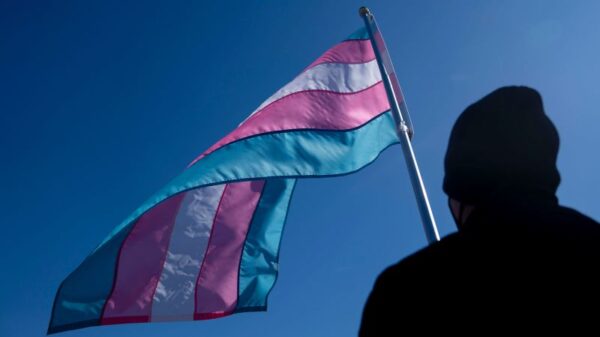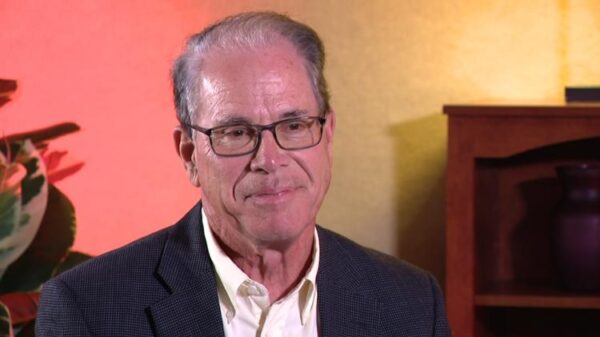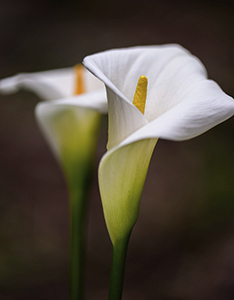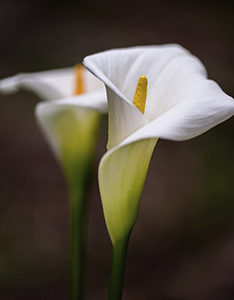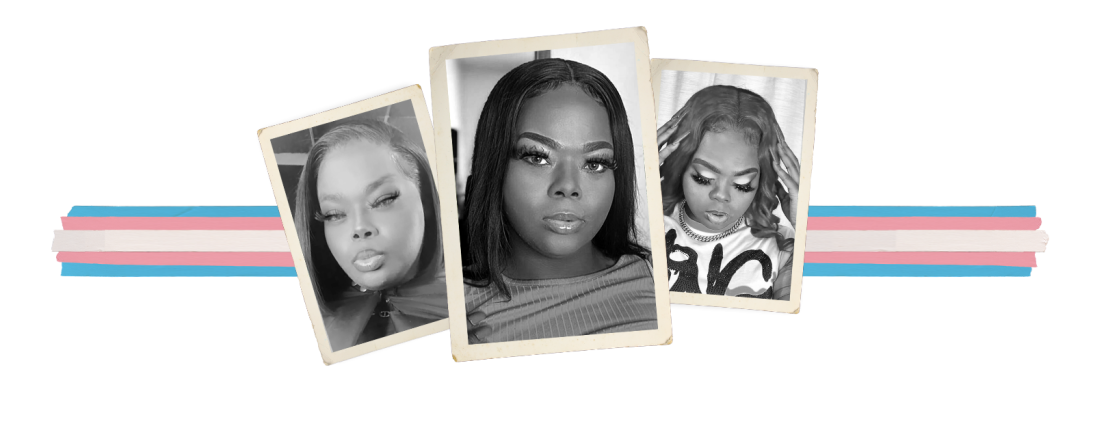UPDATE: As communities worldwide prepare for the Transgender Day of Remembrance on November 20, 2023, the somber reality emerges: at least 27 transgender and nonbinary individuals have lost their lives to violence or suicide in the past year. This year’s memorials hold particular significance as anti-trans legislation continues to escalate under the Trump administration and conservative lawmakers, further marginalizing the transgender community.
On a solemn night in November 1999, the first Transgender Day of Remembrance was created in response to the brutal killings of two Black trans women in Massachusetts. Since then, the day has served as a critical moment for reflection and activism. This year, the focus sharpens on the ongoing crisis faced by transgender individuals, particularly as federal data collection on anti-trans hate crimes has been dismantled.
According to the nonprofit Advocates for Trans Equality, the statistics tell a harrowing story: the number of reported deaths is likely an undercount due to the challenges of accurate data collection. Studies reveal that transgender individuals are more than four times as likely to experience violent crime compared to their cisgender counterparts.
“Trans people are made to feel invisible in our society,” said Bahari Thomas, the advocacy group’s director of public education. The urgency to address this issue is heightened by the alarming rates of suicidal ideation among transgender youth, attributed to stigma and discrimination.
Among the lives lost this year are powerful stories that demand to be heard.
Tahiry Broom, known for her vibrant personality and fierce advocacy, was shot and killed in February at just 30 years old in Southfield, Michigan. Her aunt, Patricia Bender, recalls how Broom’s confidence lit up any room. A suspect has been charged with her murder, providing a glimmer of hope for justice.
In Detroit, ballroom legend Karmin Wells, 37, was another tragic victim, killed in her home days before her birthday. Her absence is profoundly felt in the local queer community, leaving behind a legacy of love and artistry.
Meanwhile, Lia Smith, a promising student athlete at Middlebury College, was reported missing before being found dead, having taken her own life. The 21-year-old’s father emphasized the toll that societal negativity took on her spirit, stating, “The relentless negativity exhausted her.”
In Milwaukee, Wisconsin, Amyri Dior, a kind-hearted soul who embraced her role as a mother figure for many, was tragically shot just days after celebrating her birthday.
The stories don’t end there. Kelsey Elem, 25, was shot in April shortly after expressing pride in her transition. Sam Nordquist, 24, was brutally murdered in New York, with seven individuals facing charges related to his death, which authorities classified as non-hate crime-related.
The growing violence against transgender individuals is an urgent call to action. As communities gather to honor these lives, it’s crucial to remember not just the tragedies, but the vibrant lives they led.
This year’s memorials will resonate on a deeper level, underscoring the urgent need for societal change and increased support for the transgender community. As the world reflects on these losses, advocates stress the importance of visibility and recognition.
For anyone experiencing distress or crisis, please reach out to the Suicide Crisis Lifeline by calling or texting 988. The fight for justice and recognition continues, driven by the memories of those who have been lost.

